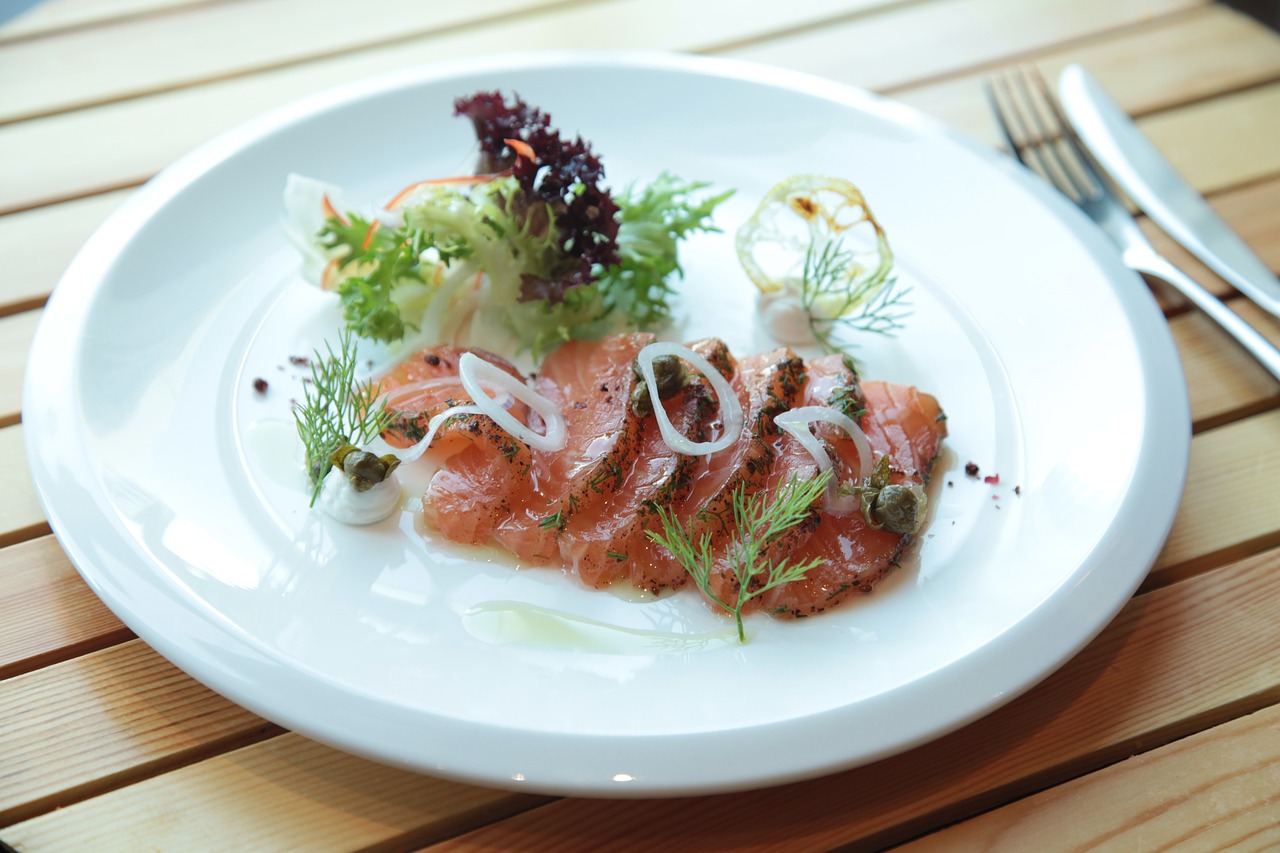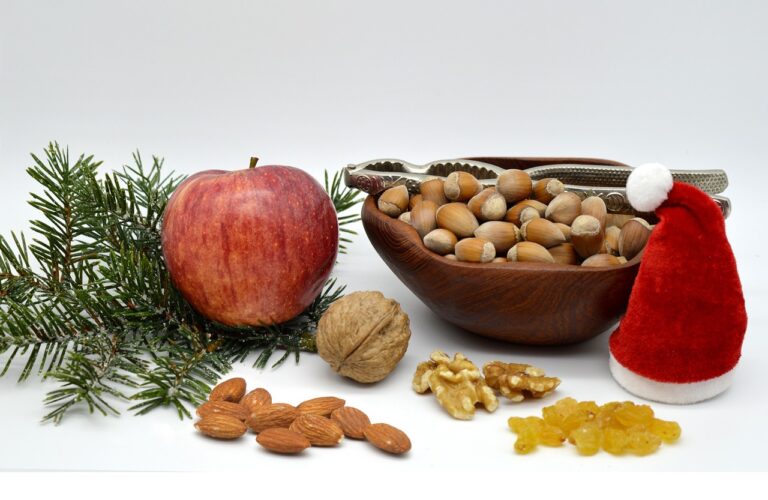Overcoming Regulatory Hurdles in Developing Biosimilar Insulin Products: Betbhai book, Cricbet99 login, Diamondexch9 login
betbhai book, cricbet99 login, diamondexch9 login: Developing biosimilar insulin products can be a complex and challenging process, primarily due to regulatory hurdles that must be overcome. In recent years, biosimilars have gained traction as more affordable alternatives to brand-name biologic drugs, including insulin. However, navigating the regulatory landscape can be daunting for companies looking to develop and bring biosimilar insulin products to market. Here are some key strategies for overcoming regulatory hurdles in developing biosimilar insulin products.
Understanding Regulatory Requirements
One of the first steps in developing biosimilar insulin products is to gain a clear understanding of the regulatory requirements set forth by agencies such as the FDA and EMA. These requirements outline the rigorous testing and documentation needed to demonstrate the biosimilarity of the product to the reference insulin. By familiarizing oneself with these requirements early on, companies can better plan their development and clinical trials to meet regulatory expectations.
Choosing the Right Reference Product
Selecting the right reference insulin product is crucial in developing biosimilar insulin. The reference product serves as the benchmark against which the biosimilar is compared for similarity. It is essential to choose a reference product that is widely used and well-characterized to ensure a robust comparison in clinical trials. By carefully selecting the reference product, companies can increase the chances of regulatory approval for their biosimilar insulin.
Investing in Analytical Characterization
Analytical characterization plays a critical role in demonstrating the similarity of biosimilar insulin products to the reference product. This involves thorough testing of the physicochemical and biological properties of the biosimilar to ensure consistency with the reference product. Investing in state-of-the-art analytical techniques and equipment can help companies generate comprehensive data to support their regulatory submissions.
Conducting Clinical Trials
Clinical trials are a key component of demonstrating the safety, efficacy, and immunogenicity of biosimilar insulin products. Companies must design and conduct robust clinical trials that meet regulatory standards to establish the biosimilarity of their product. By working closely with clinical investigators and adhering to good clinical practices, companies can generate high-quality data to support regulatory approval.
Navigating the Regulatory Pathway
Navigating the regulatory pathway for biosimilar insulin products requires careful planning and coordination with regulatory agencies. Companies must prepare comprehensive regulatory submissions that address all aspects of product development, from analytical characterization to clinical trial data. By engaging in open communication with regulatory authorities and following their guidance, companies can navigate the regulatory pathway more efficiently.
Conclusion
Overcoming regulatory hurdles in developing biosimilar insulin products requires a strategic approach that encompasses understanding regulatory requirements, choosing the right reference product, investing in analytical characterization, conducting rigorous clinical trials, and navigating the regulatory pathway effectively. By following these key strategies, companies can enhance their chances of successfully developing and bringing biosimilar insulin products to market.
FAQs
Q: What is a biosimilar insulin product?
A: A biosimilar insulin product is a biological product that is highly similar to an already approved reference insulin product, with no clinically meaningful differences in terms of safety, purity, and potency.
Q: How long does it take to develop a biosimilar insulin product?
A: The development timeline for biosimilar insulin products can vary depending on factors such as regulatory requirements, clinical trial design, and manufacturing processes. On average, it can take several years to develop and bring a biosimilar insulin product to market.
Q: Are biosimilar insulin products as effective as brand-name insulin?
A: Biosimilar insulin products have been shown to be as effective and safe as brand-name insulin products in clinical trials. Regulatory agencies require rigorous testing to demonstrate the biosimilarity of these products to the reference product.
Q: What are the cost savings associated with biosimilar insulin products?
A: Biosimilar insulin products typically offer cost savings compared to brand-name insulin products, making them a more affordable option for patients and healthcare systems. These cost savings can help increase access to insulin therapy for patients with diabetes.







